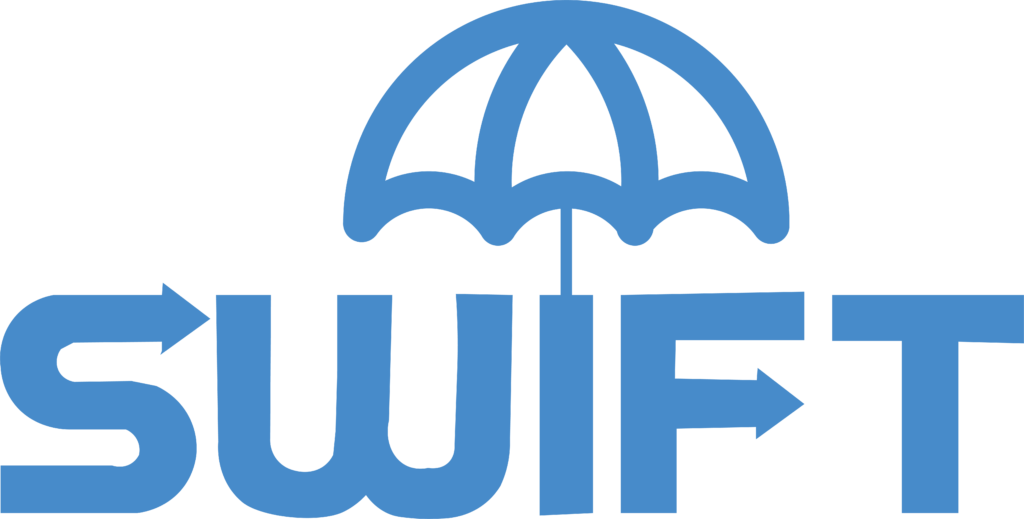Choose from the nation's best insurance providers

Top finance professionals we insure




Recommended insurance policies for financial service professionals
An accounting error, data breach, or office injury could devastate a small finance business. Business insurance helps accountants and other finance professionals recover quickly from lawsuits and other unexpected costs.
General Liability Insurance
Covers bodily injuries, customer property damage, and advertising injuries. Often required for commercial leases.
Best for:
Slip-and-fall accidents
Customer property damage
Libel lawsuits
Professional Liability Insurance
Also called E&O insurance, this covers legal costs for professional errors or missed deadlines.
Best for:
Negligence lawsuits
Project disputes
Work mistakes
Workers' Compensation Insurance
Covers medical expenses for employee injuries and is required in most states.
Best for:
Employee medical costs
Disability benefits
Injury-related lawsuits
Business Owner’s Policy (BOP)
Combines general liability and commercial property insurance for small businesses in one affordable package.
Best for:
Customer injuries
Damaged property
Business interruptions
Cyber Insurance
Helps businesses recover from cyberattacks and data breaches by covering recovery costs and customer notifications.
Best for:
Data breach lawsuits
Customer notifications
Fraud monitoring
Commercial Auto Insurance
Covers vehicle-related accidents and damages. Required for business-owned vehicles in most states.
Best for:
Auto accident lawsuits
Vehicle damage or theft
Vandalism
How much does insurance cost for financial institutions?

Business insurance can be affordable for a small financial firm. Several factors insurance companies look at when calculating insurance costs, includes:
- Types of financial services offered
- Your business property and equipment
- Annual business revenue
- Where your business operates
- How many employees you have
- Other insurance products or bonds you carry
How do I get business insurance for financial institutions?
It’s easy to find insurance for finance and accounting businesses. Whether you’re a stockbroker, financial advisor, or hedge fund asset manager, you’ll need to have some basic information about your business available.
Our application will ask you for your annual revenue and payroll, among other details. You can buy a policy online and get a certificate of insurance with Swift Insurance in three easy steps:
- Complete a free online application.
- Compare free quotes and choose a policy.
- Pay for your policy and download a certificate for proof of insurance.
Swift’s dedicated team of licensed insurance agents works with top-rated U.S. providers to find the right insurance solution for your specific needs, whether you’re an independent mutual funds manager or operate a private equity firm with several employees.
FAQs about financial services insurance
Do finance and accounting professionals need professional indemnity insurance?
Professional indemnity insurance is a type of insurance coverage that protects professional services businesses, such as an accounting firm, from claims of:
- Professional negligence
- Financial loss due to your provided service
- Misconduct
- Breach of contract
- Misrepresentation
- Failure to deliver on promised services
This policy is often called different names depending on the industry, for example, errors and omissions (E&O) in real estate, professional liability in construction, and malpractice in the legal and medical fields.
While this policy is not always mandated by state law, it can be required by clients or local jurisdictions. Professional indemnity is one of the most important policies a finance professional should have for risk management.
Allegations of professional errors, negligence, and inaccurate advice, even frivolous ones, can result in hefty expenses on your business. Professional indemnity coverage can protect you from the financial burden of a lawsuit.
Why should accountants and finance businesses carry cyber insurance?
Businesses in the financial industry often work with and store personally identifiable information (PII) about their clients.
This type of data is extremely tempting to cyber criminals, making your small business a likely target for cyber risks, such as a data breach.
Cyber insurance, also called cyber liability or cybersecurity insurance, protects small businesses from the high costs associated with a data breach or malicious software attack.
First-party cyber liability insurance, sometimes called data breach insurance, offers protection from cyberattacks that directly impact your business.
This policy covers expenses such as:
- Customer notification costs
- Credit monitoring
- Legal fees
- Fines
What’s more, you can often easily add this coverage to your general liability policy during the underwriting process.
What other insurance policies should finance and accounting professionals carry?
To fully protect your financial or accounting business from complex risks and exposures, you may need additional types of insurance, including:
Fidelity bonds, also called commercial crime insurance or employee dishonesty coverage, provide reimbursement if one of your employees commits fraud, theft, or forgery against a client or your business. Unlike insurance, the policyholder must pay back the bond amount to the insurer or lender.
Business income insurance, also known as business interruption coverage, offsets lost net income if your business is forced to close because of a covered peril, such as property damage.
Employment practices liability insurance (EPLI), sometimes called EPL insurance, protects your small business if an employee sues over wrongful termination, sexual harassment, or another violation of employee rights.
